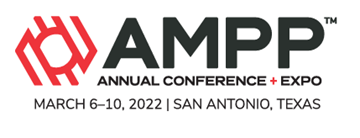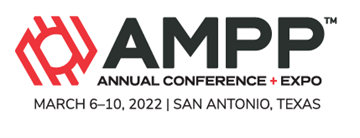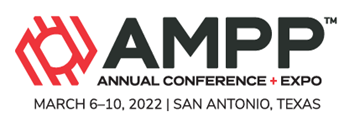Search
Cold Work Qualification Of UNS N08935 For Use In Chloride And Sour Environment
Also Purchased
Coatings To Regulate Scaling In Geothermal Applications
Product Number:
51322-17547-SG
Publication Date:
2022
$20.00
Combination Of High Ph SCC And Near Neutral Ph SCC Models Using Bayesian Networks
Product Number:
51322-17851-SG
Publication Date:
2022
$20.00
Classification Of Active And Passive Conditions Based On Different Relaxation Response For External Corrosion Coated Pipelines
Product Number:
51322-18052-SG
Publication Date:
2022
$20.00




